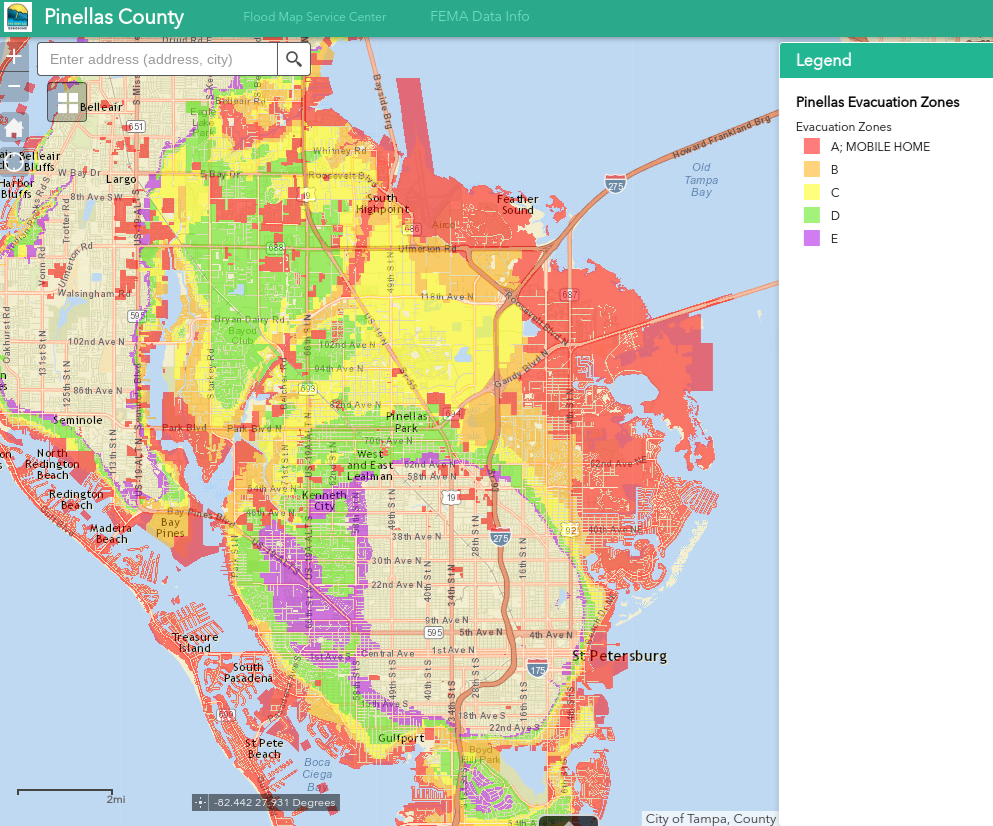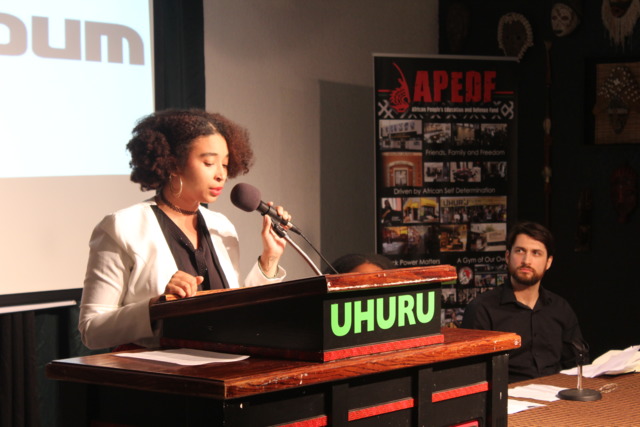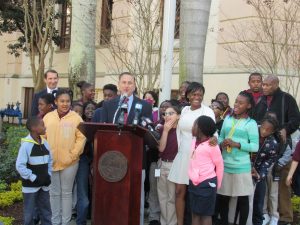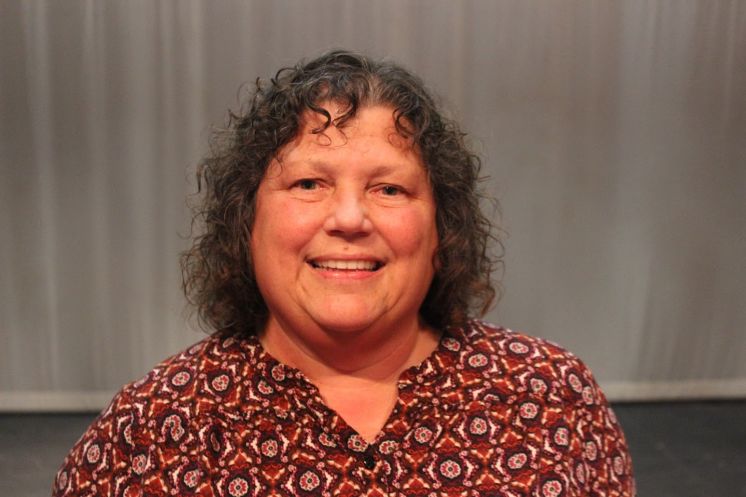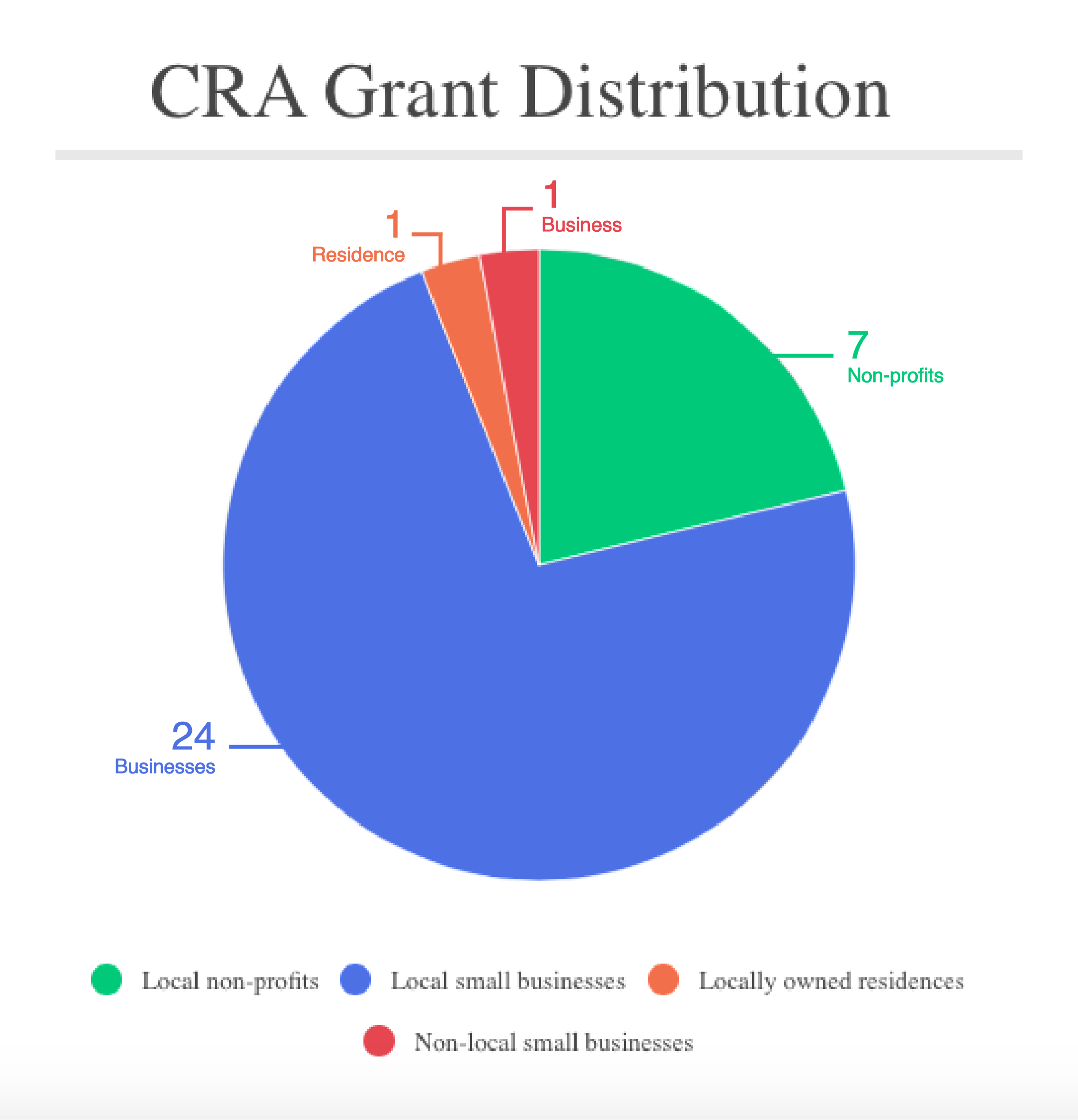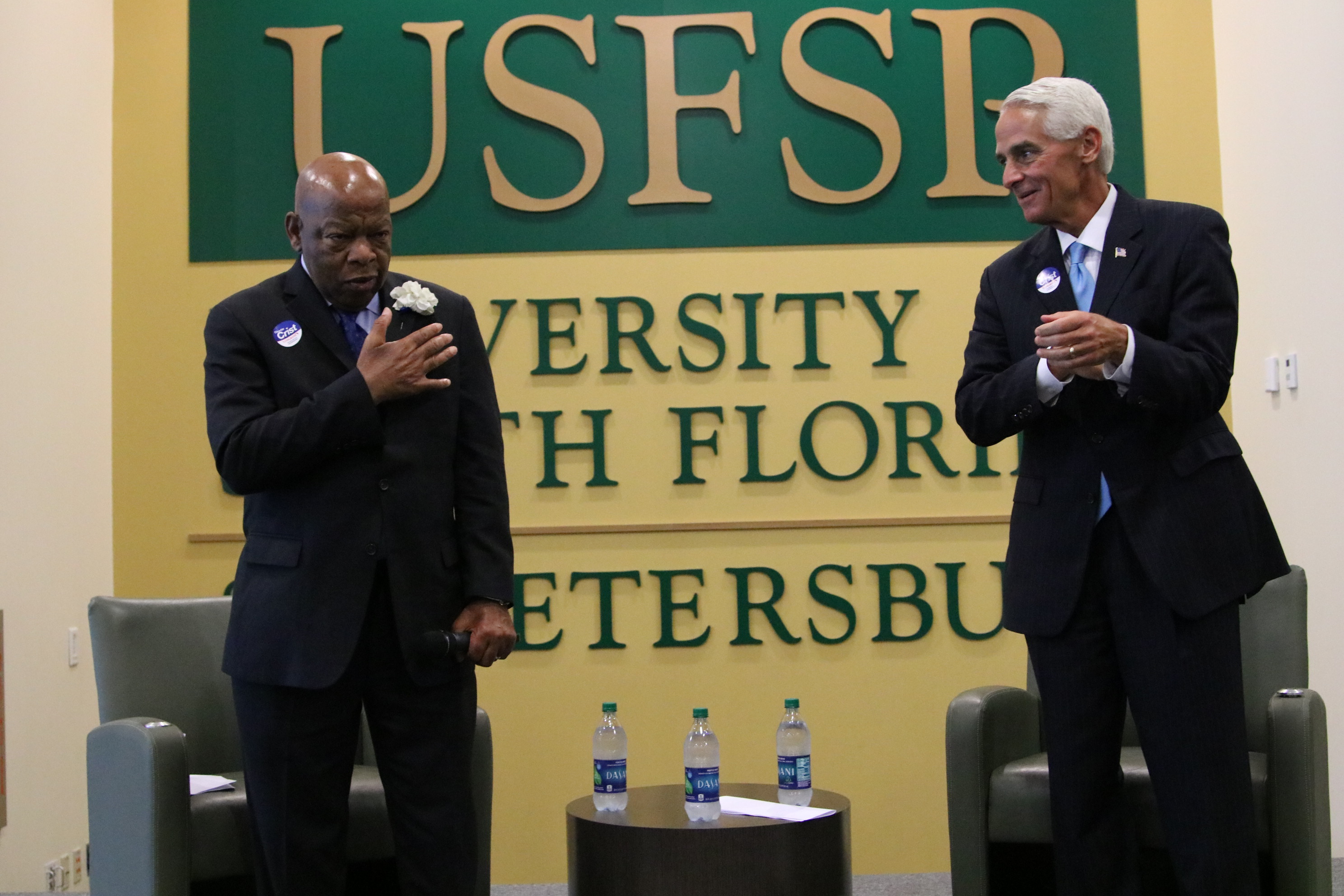By Nicolet Hartman
The 2017 hurricane season has been tumultuous and nerve-wracking. Many are not only concerned about the intensity of these storms, but how frequent they are becoming.
Just two weeks after watching Hurricane Harvey demolish Houston, St. Petersburg residents were fearing for the worst as Hurricane Irma prepared to hit.
While many flock to Florida for the beautiful, white sand beaches, those living close to shore are concerned about the impacts of these storms because of their homes’ exceptionally low sea level.
The seemingly simple, yet thoroughly complex, factor for these storms is, in fact, climate change. Despite being a largely debated topic in the political realm, climate change is a fact according to leading scientists around the world. According to NASA, the world has experienced the hottest temperatures three years running, which inevitably leads to warmer waters at higher sea levels.
This poses a great dilemma for Floridians as much of the coastline is nearly at sea level. When a hurricane strikes, a major concern for St. Petersburg is not just the vigorous winds, but the substantial rainfall. The combination of high quantities of rain and the threat of storm surge threaten the safety and security of residents and their homes.
Tom Reese, an environmental lawyer, and USF alumni says that policy and procedure regarding human activities contributing to climate change are not getting the attention needed, although the effort has been prevalent for decades now.
He remembers back in the 80s and 90s when current Senator Bill Nelson was highly involved in climate change activism.
In the 1900s Sen. Bill Nelson held the office of Treasurer, Insurance Commissioner and Fire Marshall of Florida. He made it a point to focus on how climate change has impacted the insurance industry in Europe and used it as a model for progress in his own state.
However, many feel that the current administration, both at a federal and state level are not doing enough. The Trump Administration has declared a withdrawal from the Paris Climate Accord. On Oct. 9, Head of the Environmental Protection Agency, Scott Pruitt, announced his repeal of the Clean Power Plan.
Reese believes the Paris Climate Accord is a necessity to acknowledge human impacts on climate change.
“Many cities are adopting the policy on their own,” Reese stated. “St. Petersburg has been rather involved in this battle and may choose to adopt some measures on their own.”
Governor Rick Scott’s administration had received criticism in 2015 for allegedly banning government employees from using the terms climate change, sustainability or global warming. When asked about his opinion of climate change and the scientific opinion that human activity is contributing to it, Gov. Scott has often avoided answering by saying, “I am not a scientist.”
Former employees of the Florida Department of Environmental Protection have confirmed these allegations, some claiming this policy was, in fact, why they lost their positions. The FDEP has assured that “this is simply not true. There is not, nor has there ever been any such [F]DEP policy.”
The FDEP currently undergoes many projects to analyze and prevent any damage done or may occur in the future due to climate change. They “regularly coordinate with a number of local, state, and federal agencies to address the challenges of sea level rise statewide and to ensure that Florida’s communities and natural resources are protected.”
The FDEP’s primary role in studying climate change is to assist with projections, mapping and monitoring data to support coastal resilience planning. They also fund projects related to coastal changes and backwater flooding like a five-year project that is currently underway which “evaluates sea level rise risk and vulnerability assessments.”
The FDEP believes this project will “provide information needed to assist local comprehensive plans” and “post-disaster redevelopment plans statewide.”
Former Governor and current Congressional Representative of St. Petersburg, Charlie Crist, has long time been an advocate of climate change.
“I am persuaded that global climate change is one of the most important issues that we will face this century,” Crist said in his initial State of the State address.
“Florida is more vulnerable to rising ocean levels and violent weather patterns than any other state. Yet, we have done little to understand and address the root causes of this problem, or frankly, even acknowledge that the problem exists.”
The FDEP’s recent work has led to the 2017 Florida Statute Section 161.101(1) that states the department designates shorelines that have become critically eroded due to natural processes and/or human activity. This means that Florida policy is beginning to acknowledge the real dangers of climate change on our population.
Attorney Tom Reese believes the best prevention from the impacts of climate change if a devastating hurricane strikes St. Petersburg is to stop development in low lying areas. This is particularly prevalent in areas like downtown St. Petersburg where construction for high-rises is seen in every direction.
In 2008 “the city of St. Pete annexed 21 acres on Terra Verde intending to build a 22 story condo,” Reese stated. “It was annexed, but when they tried to increase the density it was successfully challenged by my team and the civic association in Terra Verde.”
Another major concern for St. Petersburg during a strong hurricane is the topic of evacuation. When the news and officials are warning residents to leave their homes and head for safety- when is the right time to leave? Where is the best place to go?
Many companies classify their jobs as “essential” and “non-essential” during a storm. The essential employees are often managers or leaders of businesses that will be sheltering people, doctors, nurses and first responders, who are required to be at work throughout the storm. The non-essential workers are generally excused from work and are free to act as they see fit until work resumes.
However, many businesses often do not close until just before the storm, attempting to make as much money as possible before they close down for an unknown amount of time and face potential damages and losses. This leaves the workers staying in town instead of evacuating for fear of losing their jobs.
Unfortunately, there is very little legal protection for employees in this situation because Florida is a right-to-work state. This means that employers have the upper hand when employees fail to show up to their job, for any reason. Florida has no specific law stating that if there is a hurricane, people must be allowed to evacuate.
There are tiny glimmers of hope though. According to Reese, if one evacuates and lives in a zone that was under mandatory evacuation, there might be some protection under the Whistleblower Protection Act, a statute stating it is illegal to be fired for refusing to break the law. “If you are in a really low-lying area, you might have some type of whistleblower defense,” Reese claims. “But it’s all situational. Evacuations aren’t necessarily the ‘law.’”
Evacuating Pinellas County is also tricky because it is the most densely populated county in the entire state, home to almost 1 million people in 608 square miles. Since most of Pinellas County’s perimeter belongs to at-risk properties and the highly populated areas, it is important to evacuate the area completely if you have the physical and financial means to do so as quickly as possible.
For residents who do not have those luxuries, it is important to know where the closest shelter to your home is and to get there as soon as possible. Director of Pinellas County Emergency Management, Sally Bishop, has expressed concerns in the past when dealing with an evacuation.
“When you’re talking about 600,000 people, that’s pretty staggering to have that many having to get out of the way of storm surge,” he added.
